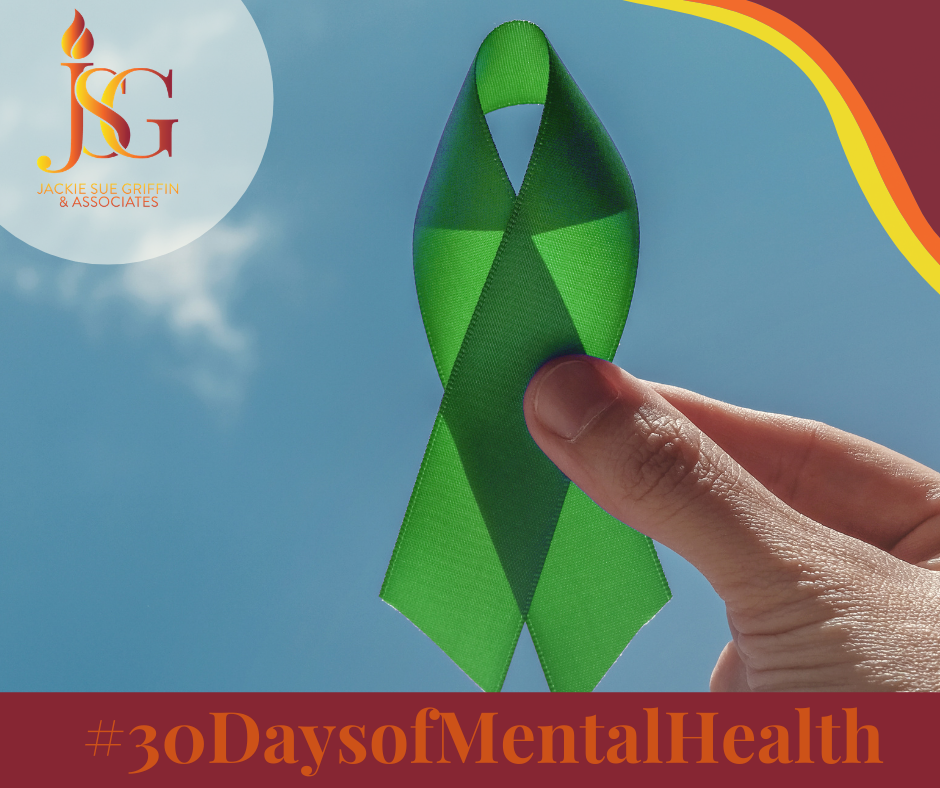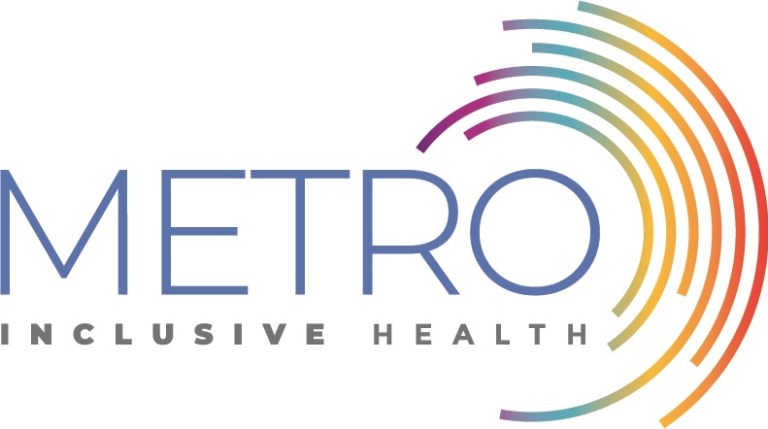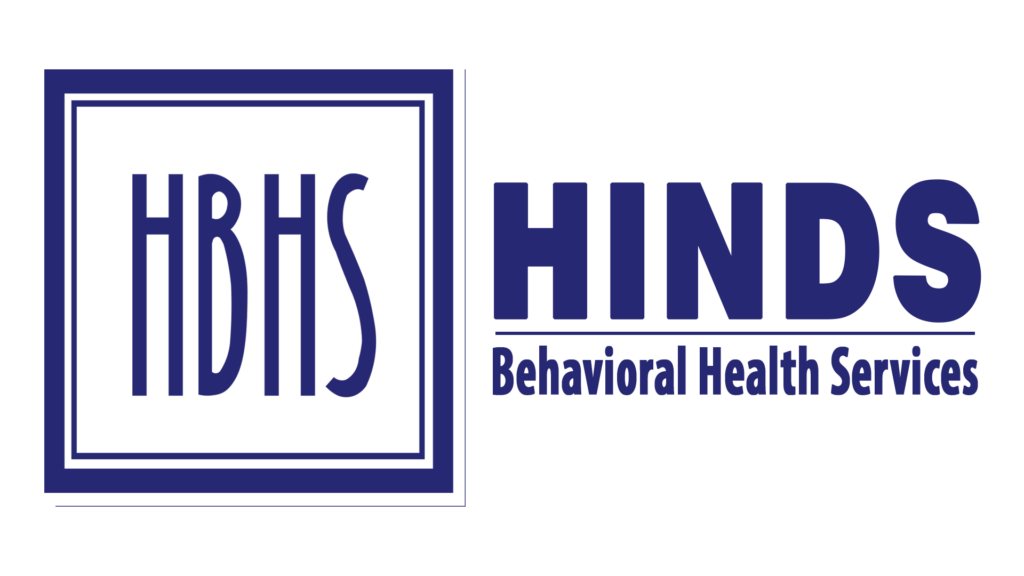16 May The Importance of Mental Health for All

By Jackie Sue Griffin, MBA, MS
We couldn’t let Mental Health Awareness month pass without taking this chance to highlights a few of the experts we work with.
These clients are just a few of the wonderful organizations working in the mental health field every day; they’re changing the lives of individuals, family units and whole communities.
We sat down with a leader from each to see if we could get to the heart of what they do—and why they do it.
It’s powerful stuff.
 Sandy A. Rogers, Ph.D., is the Executive Director of Communicare
Sandy A. Rogers, Ph.D., is the Executive Director of Communicare
What does Communicare do in one sentence?
We provide community services to people with mental health needs, substance abuse issues or intellectual/developmental disabilities.
How do you support that?
I try to ensure the employees have what they need to do their job and empower the people we serve, so they receive services with respect, dignity and a voice that is heard.
What does “mental health for all” mean to you?
This phrase is meant to destigmatize mental health treatment but means different things to different people. It must involve consideration of culture, diversity, family and a host of beliefs that make each of us who we are. As a service provider, we must be cognizant of the people we serve and what may help them become better, address their fears, support their beliefs and show that mental health is as important as physical health can be.
How do you and your organization work toward that?
I teach new employees the importance of the values that lead this agency: Community Involvement, Compassion, Cultural Awareness, Dignity, Empowerment, Integrity and Respect.
The order of the values can change with each situation, but if you keep the person you are serving in your heart and in your brain, good things will happen. Listen to them and learn to hear what is not being said as much as what is being said.
How do you help your clients work through any stigma they feel toward seeking or receiving treatment or talking about it with others?
I use the examples of physical illnesses that we cannot see, like high blood pressure and diabetes, then equate them with a chemical imbalance that may play a role in mental health.
When you ask someone if they would stop taking their insulin, you get a big NO and the same with blood pressure medicine.
Then I ask about the last time they had an antibiotic: Did they take it all? Overwhelmingly they say no, they didn’t take it all because they began to feel better.
That allows me to share that a person with a mental illness often stops taking their medicine because they begin to feel better. Then they relapse and get sick again.
Then I ask them to consider why you would stop taking a medicine that treats the brain–the organ that controls the entire body, that controls how we feel and how we interpret what comes in through the senses. That gets people thinking.
 Stephanie Taylor is the Oktibbeha County Administrator/Children’s Services Director with Community Counseling Services
Stephanie Taylor is the Oktibbeha County Administrator/Children’s Services Director with Community Counseling Services
What does Community Counseling Services do in one sentence?
We provide culturally sensitive, community-based mental health and alcohol/drug treatment services, using interagency collaboration to enable our clients to attain their highest level of individual and family functioning in the least restrictive environment.
Why do you want to do your job?
I have a family member who experienced mental health challenges.
What do you think is the most important thing someone can do to improve or protect their mental health?
I always start training sessions by explaining that we all have mental health, just like we all have physical health and that we can all be mentally unhealthy at times, in the same way that we can be physically unhealthy sometimes. More broadly speaking, we encourage everyone to educate themselves about mental health, build a support system and know there is no shame in needing or seeking help.
How do you help your clients work through any stigma they feel toward seeking or receiving treatment or talking about it with others?
We find success simply by educating clients on how common mental health challenges—and even crises—are; this helps clients understand they are not alone.
 Rebecca Nessen is Vice President of Strategic Initiatives with Metro Inclusive Health
Rebecca Nessen is Vice President of Strategic Initiatives with Metro Inclusive Health
What does Metro Inclusive Health do in one sentence?
We provide more than 100 essential and supportive services, including comprehensive primary and preventive medical care, HIV medical care, sexually transmitted infection (STI) outreach and treatment, health and wellness education, behavioral health, substance use/recovery treatment, youth and older adult programs, social activities, classes and support groups.
Why do you want to do your job?
I have a passion for public health, health equity and the service of vulnerable and underserved communities. I care deeply about individuals having access to high-quality and affordable medical and behavioral health care and being treated respectfully and sincerely to assess for and address their individualized needs. METRO has allowed me to grow tremendously both professionally and personally, and has allowed me to contribute to some really transformative initiatives to increase the overall health and well-being of our community.
What do you think is the most important thing someone can do to improve or protect their mental health?
Focus on building and maintaining healthy relationships with individuals that you can rely on, who can provide mutual support and guidance and accept you as you are.
How do you help your clients work through any stigma they feel toward seeking or receiving treatment or talking about it with others?
We offer the client an opportunity to be listened to and truly heard within an environment free of judgment or stigma. METRO has an incredible staff who are peers and members of the community we serve and able to relate to their client’s feelings of stigma and offer support as they work through this. METRO also places a great emphasis on helping clients build social support networks and encouraging clients to share and support one another.
What one thing would you tell someone to help them understand why we need Mental Health for All?
Mental health is absolutely essential, but it does not come naturally or freely to anyone. So, it’s vitally important that everyone has the opportunity to improve upon and maintain their mental health without fear of stigma or discrimination.
Kathy Crockett, Ph.D., Ph.D., MPH, is the Executive Director of Hinds Behavioral Health Services
What does Hinds Behavioral Health Services do in one sentence?
We provide behavioral and physical health care to the citizens of Hinds County, Mississippi.
Why do you want to do your job?
I was led to this position by my desire to improve availability, accessibility and quality of behavioral health care for those individuals who need it.
What does “mental health for all” mean to you?
It means the eradication of disparities in the availability of mental health care and access to services. We work to eliminate those disparities by:
- raising public awareness or disparities in care and advocating for the individuals we serve
- providing culturally and linguistically competent holistic care with open access to services and screenings
- educating our patients and caregivers about mental illness and interventions
- providing trainings and resources to provider/clinical staff
- offering a sliding fee scale for individuals without a payer source and providing indigent care to individuals who are not able to pay.
What do you think is the most important thing someone can do to improve or protect their mental health?
Self-care is the best way to do this, and it should include:
- regular exercise
- proper sleep
- healthy eating
- asking for help when needed
- fun (in moderation)
- saying “no” (and meaning “no”) when needed
- doing things you are good/successful at doing
- positive socialization and supportive relationships
What one thing would you tell someone to help them understand why we need Mental Health for All?
Mental health plays a major role in a person’s ability to maintain personal well-being, engage with their community and maintain family and interpersonal relationships. Without access to services, individuals cannot fully participate in health-promoting behaviors, resulting in increased risk for chronic disease, including mental illness, and a decreased quality of life.
Here at JSG & Associates, we support the passionate leaders who make nonprofits successful. For more information about us, visit our website.
Stay up-to-date: Follow us on Facebook, Twitter, LinkedIn and subscribe to our monthly newsletter now.


No Comments